Claiming to be an Ethical Fashion Website
Guatemala for example is full of websites Claiming to be an Ethical Fashion Website. NGO’s none profits types and private websites all claim to now be Ethical after Ethical Fashion Guatemala gained world media attention for the work of protecting the Copyrights of the Mayan Textile Designs of Guatemala Artisans.
What were they before Ethical Fashion Guatemala gained notoriety? Words on a website do not make you Ethical. The websites making these claims all look the same.
You are claiming to be an Ethical Fashion Website
A pretty American woman pictured with Mayan woman, most just take pictures of Mayan Woman and place these pictures on their website for sales value, attempting to create the image they actually know those in the pictures.

Trust Ethical Fashion Guatemala
The products sold on these websites for the most part all look the same. Leather bags with Mayan Textiles. Some offer what they call Ethical Sourcing Tours. Dragging buyers around to villages and shops that all make the same stuff as seen on the streets of Panajachel, Antigua and the huge Chichi market.
They use the term Transparency without supporting facts. If they were Transparent then why do they not list contact information for the Artisans they claim to support. Facebook is used by all Artisans worldwide. Transparency, as used in science, engineering, business, the humanities and in other social contexts, is operating in such a way that it is easy for others to see what actions are performed.
The prices of the products sold on these websites, see the Artisans earning less than 10% of the retail price of the products sold on these websites.
You are claiming to be an Ethical Fashion Website
The NGO’s around Lake Atitlan for example make claims of providing Micro Loans for Artisans. All these websites are seeking donations, while the Directors in the US draw huge salaries.
The Artisans would not need loans if they were paid a Fair wage for the product produced. Most NGO’s pay the average low daily pay of a few dollars, while these Org’s mark the products up and sell them for Hundreds of dollars.
You will be shocked to know that around Lake Atitlan there are NGO’s with incomes of $1 Million dollars and more. Run fund raisers in the US with no supporting programs here in Guatemala.
While the board members of these NGO’s paid executive US salaries. While a weaver is paid Q150 to provide a weaving workshop.
You are claiming to be an Ethical Fashion Website
Ethical Fashion Guatemala conducted an in depth study of NGO’s and those sites claiming to be an Ethical Fashion Website. The study consisted of having these NGO’s 501 (3)c tax returns studied.
Email requests asking what % of the retail products sold on these Ethical Fashion Websites where paid to the Guatemalan Artisans that produced the products. Less then %20 was average.
If you would like our complete report on the 61 websites claiming to be an Ethical Fashion Website. Send us an email you will be surprised.

 Ethical Fashion Guatemala
Ethical Fashion Guatemala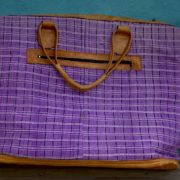
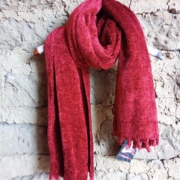 Ethical Fashion Guatemala
Ethical Fashion Guatemala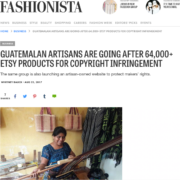
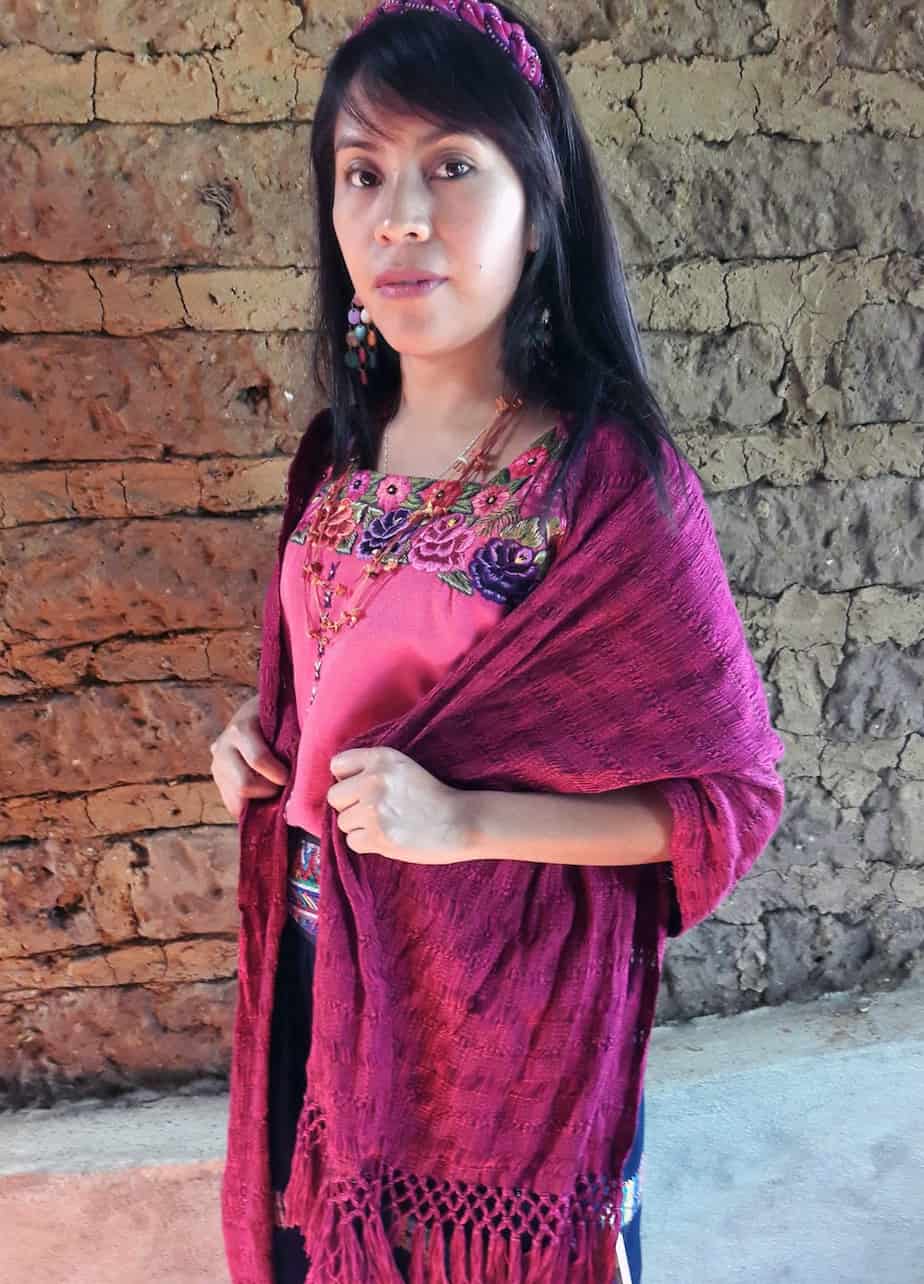
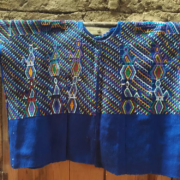 Ethical Fashion Guatemala
Ethical Fashion Guatemala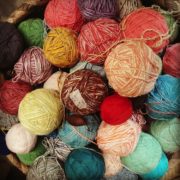


Companies don’t operate in Guatemala because they want to be ethical; it’s all about continuing exploitation.
So true.
There are a number of comments that are misleading/innacurate in this blog.
“…board members of these NGO’s paid executive US salaries.” Completely incorrect. Board members don’t receive executive-level salaries from NGOs. I’ve been a member of a few boards and have never received a dime. Nor have any board members I know. Please support this by showing where on a 990 you see a board member with a six-figure salary for simply being a member of an NGO’s board. Board members, unless they are executive directors and typically with no voting rights, not only don’t make a dime, they actually give their time and money to the NGO they are supporting.
“The Artisans would not need loans if they were paid a Fair wage for the product produced.” This is just patently false. There are definitely instances in which artisans are participating in Fair Trade programs who need loan capital when they receive a large order and do not have the liquidity to buy the raw materials to fill the order. Without access to loan capital, they are limited to filling only very small orders. This is pretty much Business 101. I think we can both agree that some lenders charge unreasonably high interest rates but that’s not what you are saying.
I certainly agree with the leitmotif of your blog which is that (some) NGOs and social enterprises have usurped words/phrases like ethical, fair, transparent, etc. when in fact they are far from what they claim. You’re well within your right to do that but you should mention them by name without vilifying the entire sector in the process.
And, yes, please share your report. And I don’t see anywhere on your website where you list the artisans you support along with their contact information.
Thank you for opinions. As far as the report is concerned, this has been vetted and will be published in a media source. As jointly we have conducted this study. Not only for Guatemala.
All contact forms for our Artisans listed go direct to their email accounts.
If an Artisan received a large order under Fair Trade, the product should be paid up front or a deposit to cover the production costs. If this process was followed there would be no need for loans. That is basic business.
https://fashionista.com/2017/08/guatemalan-artists-etsy-copyright-infringement our work is well supported by the media
You are part or where Friendship Bridge. Please explain to me why they have 10 million in assets and 5 million cash in the bank? If you take your time to look at our website carefully you will find Artisans contact information. James